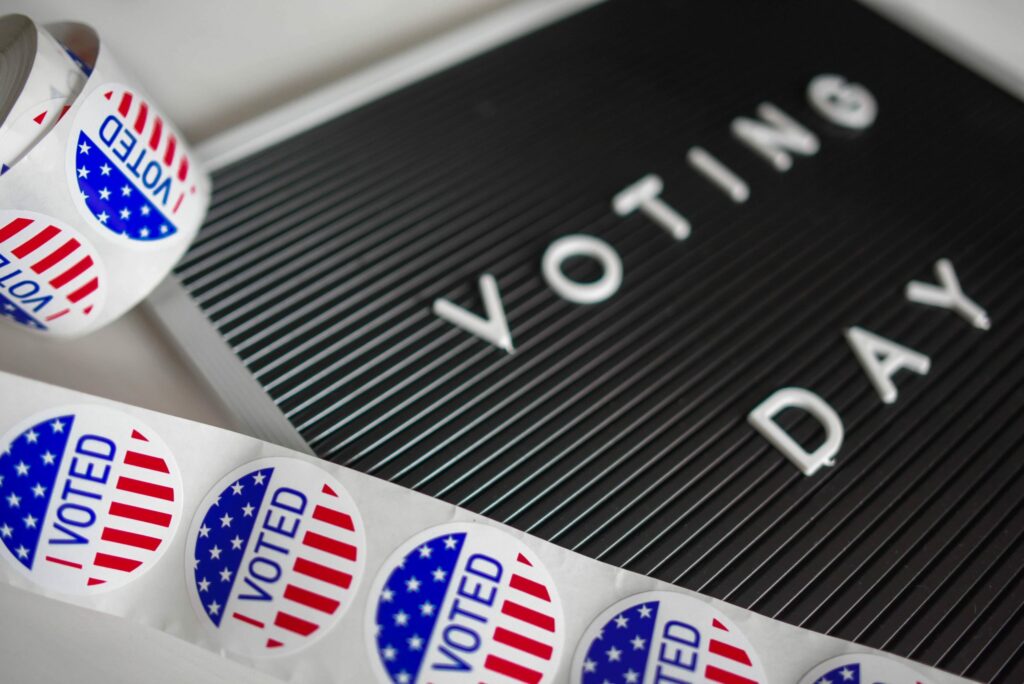Politics and finances—two parts of our lives that can incite the most worry. So, it’s no surprise that investors are trying to find the correlation between election years and stock market trends. We want to help ease your fears and your pre-election jitters. In this article, we’re sharing insight into what you may expect from the coming months. However, keep in mind that we cannot predict the future—we can only review the history to get a sense of potential trends.
Leading Up to the Election: Potential Volatility Due to Uncertainty
The stock market does not handle uncertainty well. Moving toward the possibility of a new president has created a volatile market in the past, as a change in the White House could mean changes in taxes, regulations, and other elements that dramatically affect our businesses and economy.
The three months leading up to an election are when we typically see the most volatility. We attempt to determine trends based on this data; however, although it seems that the market is shaky down during this time, analysts find that the trends are relatively inconsistent. There is little to no evidence that a presidential race will have a dramatic, lasting effect on the market when we look at the big picture.
Following the Election: Expect a Brief Drop
The day after a presidential election has frequently shown a drop in the market. This trend is not surprising, as the possibility of a new president—or an incumbent president’s new promises—can cause investors to hesitate. However, the first day of a President’s new term, or even the first year, is not an indicator of future performance.
You must be patient and trust that your patience will be rewarded. When you’re feeling worried, remember the Warren Buffett quote, “Do not take yearly results too seriously. Instead, focus on four or five-year averages.” In short, stay calm.
Political Trends Should Not Determine Your Investment Strategy
As for the 2020 election, many suspect that the recent market drops are related to the uncertainty surrounding the upcoming race between Trump and Biden. But should that determine your investment strategy? Our advisors say, “Absolutely not.”
So, why are we sharing this with you in the first place if Election Day should not affect your investment strategy? Because it’s important to be aware of normal trends and market volatility surrounding political changes so that you can be comfortable with your investment plan even as the market rises and falls—avoiding panic at all costs.
Your advisor can help you determine the best moves to make based on your income, age, goals, and many other factors. But, by all means, do not let aggressive political headlines scare you into changing course. Selling out of panic is not a strategy, and it’s likely that this move will not offer you the results you’re looking for in the long run.
Talk with your Southwestern Investment Group advisor about potential changes to your portfolio, as they can help you put emotions such as fear and worry aside when discussing your financial future.
Are you suffering from financial worry this election year? Contact us today to schedule a consultation.

